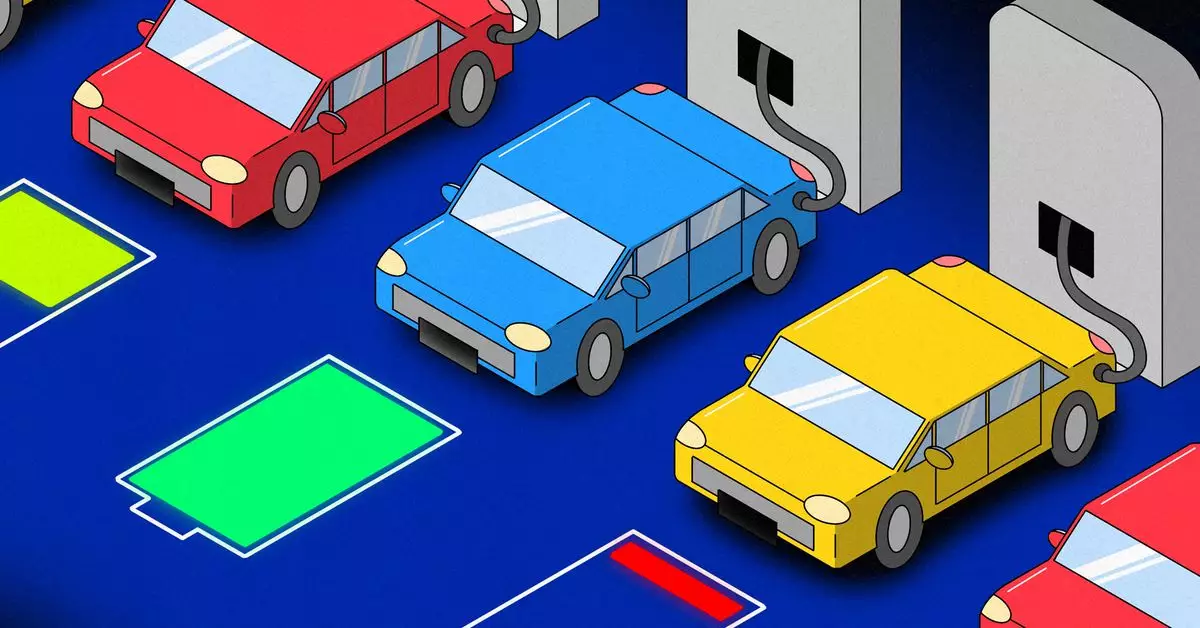The promise of electric vehicles (EVs) has always been tantalizing – lower maintenance, fewer moving parts, and a cleaner environment. However, a recent quality study by JD Power has shed light on the darker side of EVs – their tech troubles. While traditional gas-powered vehicles have long been the subject of scrutiny for their mechanical issues, EVs are now facing a different kind of problem: software and tech-related glitches that are causing headaches for owners.
JD Power’s latest quality study revealed that EVs, including battery-electric and plug-in hybrid vehicles, performed worse than their gas-powered counterparts in almost every repair category. Owners of EVs reported 266 problems per 100 vehicles, compared to 180 problems per 100 vehicles reported by owners of internal combustion vehicles. Surprisingly, the issues were not related to the mechanics of EVs such as motors or batteries, but rather the advanced technology integrated into these vehicles.
Tesla, the electric automaker known for its cutting-edge technology, has traditionally outperformed legacy automakers in past JD Power surveys. However, the gap has now closed, with Tesla receiving similar ratings to other manufacturers. This shift is attributed to major design changes in Tesla vehicles, including the removal of traditional feature controls like turn signal and wiper stalks. The focus of complaints from Tesla owners has been primarily on tech-related issues, indicating a broader industry trend towards cramming software into vehicles.
One of the major concerns highlighted in the study is the prevalence of software glitches in EVs. Features like false rear-seat warnings, inaccurate alerts from driver-assist systems, and problematic infotainment touchscreens are causing frustration among owners. EVs were found to have 30% more problems with “Features, Controls, and Displays” compared to ICE vehicles. Attempts to alleviate these issues by mirroring smartphone features in vehicles have also been met with challenges, with connection problems reported by a significant percentage of users.
The study also found that brands with the fewest problems tend to attract more repeat buyers. Ram, a truck manufacturer, topped the survey in terms of customer satisfaction and loyalty. This correlation between reliability and brand loyalty sheds light on the importance of familiarity and trust in the automotive industry. Customers who purchase vehicles from established brands are less likely to encounter problems compared to those who opt for newer brands or powertrains.
Overall, the JD Power quality study underscores the challenges that come with the transition from traditional gas-powered vehicles to high-tech EVs. The tech troubles plaguing EVs highlight the need for greater emphasis on software development and integration in the automotive industry. As more vehicles become interconnected and reliant on advanced technology, manufacturers must prioritize user experience and reliability to ensure customer satisfaction. The road to an electric future is not without bumps, but with careful attention to tech issues, the promise of EVs can be fully realized.


Leave a Reply